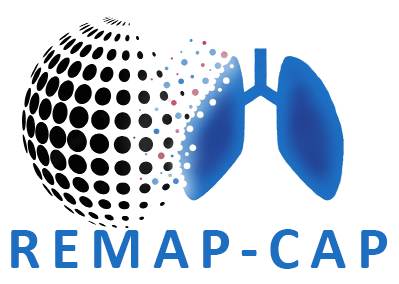Community-Acquired Pneumonia
Community-acquired pneumonia (CAP) is a syndrome in which individuals who have not been hospitalised recently develop an acute infection of the lungs. Bacterial and viral infections are responsible for the vast majority of CAP.
CAP is a leading cause of death from infection globally, with lower respiratory tract infection implicated in approximately 3 million deaths in 2016. This makes it the fourth most common cause of death world-wide, and the leading cause of death in developing countries.
CAP that is severe enough to require admission to an Intensive Care Unit (ICU) is associated with substantial risk of mortality.
The challenge for clinicians
All patients who are treated in an ICU will receive therapy that consists of multiple different treatments, as many as 20 or 30.
These treatments act together to treat both the infection and its effects on the body. When treating a patient, doctors choose from many different treatments, most of which are known or believed to be safe and effective. However, doctors don’t always know which treatment option is the better one, as individuals or groups of individuals may respond differently. This study aims to help doctors understand which treatments work best.
REMAP-CAP uses an innovative trial design to efficiently evaluate multiple interventions simultaneously. Click here to learn more.

